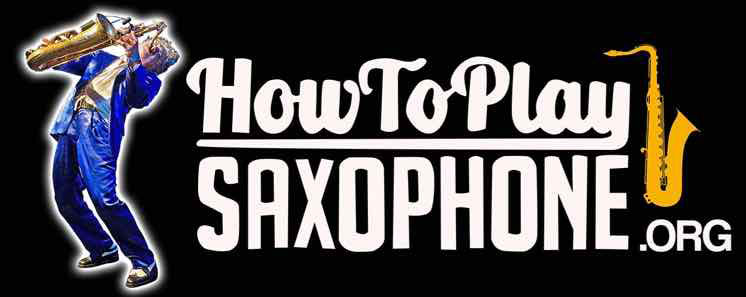Home Alt › Forums › Music Theory › The Blues and Pentatonic major and Minor scale.
Tagged: happy new year !!
- This topic has 5 replies, 3 voices, and was last updated 9 years, 3 months ago by
 john.
john.
-
AuthorPosts
-
January 5, 2016 at 7:59 am #30367
How do you know which one to use in a song. I have used one scale improvising in a song but how would you know which chords are in the song if you wanted to change it up a bit. Finally, when you see some chords using sus or aug and to the 9th, etc.., can a major or minor chord always be used as a substitute.
THXXXXXXXXXXXXXXXXXXXXXXXXXXXXXXX
January 5, 2016 at 10:13 am #30369Hi John, you’re not giving much information. which scale have you used in which song? chord progression?
there are so many variables and this is a very deep subject, especially if you’re talking about jazz and I pressume you are because of your question regarding the sus and 9 extentions.
when you see a chord such as C9 you know it’s a 7 chord with an added 9th as well so you can follow the rule of a 7th chord, which is to play a major 7th scale over it (regular major scale but flatten the 7th note) since it’s a 9 chord we can also emphasize that note as well but you don’t have to.
a sus chord can be sus2 or sus4 so these are the notes that are being suspended in that chord. so a Csus4 means they’ve added an F to the chord (F is the 4th in C) so you can emphasize the F here. If you play an F over a regular C chord it will have a suspended sound and might created unwanted tension, but if you’re playing the F over a Csus4 chord it fits perfectly.
an augmented means one note has been raised…so Caug5 means it has a G# (C, E, G#) so play accordingly by emphasizing that note, but if you didn’t it won’t sound wrong as long as you’re using the main chordal tones of that scale.January 5, 2016 at 10:35 am #30370Maybe it was a bit confusing. Say you are improvising a sax solo in Tequila. You know the key of the song. How would you determine which scale of the three (blues, Pentatonic Major or Minor) to use? Hope that helps.
THXXXXXXXXXXXXJanuary 5, 2016 at 9:00 pm #30403Hey guys I like this discussion, Johnnie what about FUNK like James Brown great alto MACEO PARKER You could kick ass on that stuff show it to us!!
January 6, 2016 at 8:42 am #30424THXXXX Johnny. It makes sense. I assume if you want to keep it simple you can always stick to the Major, Major 7th, Minor 7th.
January 6, 2016 at 9:15 am #30426Guys, this is why I wrote a book called “How To Play Killer Blues and Rockin’ Sax Solos With 7 Notes or Less”
not here to push my own book but if you are asking these basic questions it will spell it all out for you.In the case of tequila, you have access to the music as a free download (it’s in the music section)
so check it out and my explanation below will make more sense…looking at the tenor music you can see it’s in G major by the F# in the key signature, so right away you know you won’t be using the minor scale right?
The next thing I would do is look at the actual solo that Chuck Rio played in the original version… I have written this out for you as well and you can see it on the download page so take note of this too.
Let’s look at the notes he used for the solo: G A B C D E F
Do these notes look familiar? It’s a G major scale with a flat 7
A regular G major scale looks the same except it has an F# and not an F.
So now you know you can solo using a G major scale with a flat 7thHow About Using a Major Pentatonic Blues Scale?
Here is what a G major pentatonic blues scale looks like: G A B D E (1 2 3 5 6)
Does the G major scale above have these notes? Yes. so now we can be sure this pentatonic scale will also work. It’s simply a mini version of the full major scale.
So these are 2 scales you can practice that will take you a long way into blues and rock soloing and you can figure them out just by knowing a regular major scale.
Does this make sense? -
AuthorPosts
- You must be logged in to reply to this topic.
